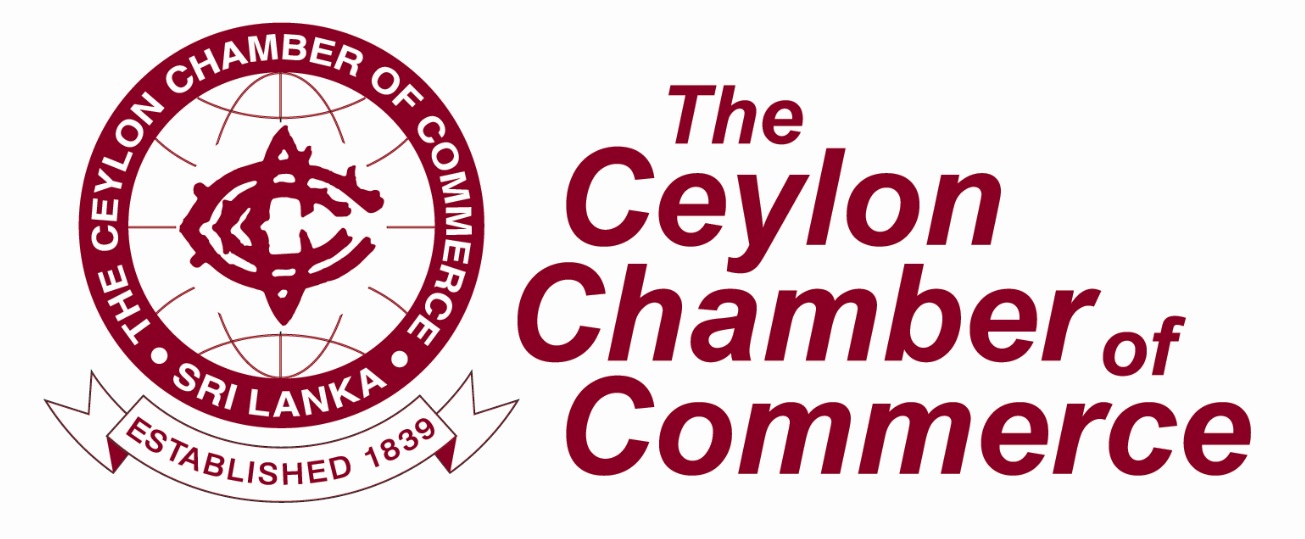The Ceylon Chamber of Commerce considers the 2024 Budget as a crucial step in continuing
the macroeconomic stabilization measures that began in late 2022, as a response to the
economic challenges faced by Sri Lanka.
The Chamber acknowledges that one of the main challenges faced by Sri Lanka’s economy
has been macroeconomic mismanagement. The National Budget 2024 takes a resolute
approach to address these past missteps. Key among the measures introduced is the
enforcement of fiscal forbearance in monetary policy through the Central Bank of Sri Lanka
(CBSL) Act, and the strengthening of fiscal rules via the Public Finance Management (PFM)
Bill. These initiatives are seen as foundational for re-establishing effective macroeconomic
management. The Budget 2024 emphasizes fiscal discipline and adherence to IMF Extended
Fund Facility (EFF) program targets, recognizing these as pivotal for achieving
macroeconomic stability. It sets ambitious but broadly realizable revenue targets, essential for
the economic recovery and securing the second tranche disbursement from the IMF. The
introduction of practical measures such as requiring a Tax Identification Number (TIN) for
opening bank accounts, building plan approvals, vehicle registration, and land purchases
increase the number of tax files and thus broaden the tax base are steps towards enhancing tax
revenue efficiency.
The Chamber is encouraged by the inclusion of several of its recommendations in the budget,
particularly in tax administration, trade facilitation, digitalization, climate finance, and public
sector reform. The expedited implementation of these reforms including fast tracking the
digital ID process holds immense potential to play an integral role in reshaping economic
revival, enhancing tax revenues, and accelerating development. Furthermore, trade related
reforms such as phasing out non-tariff barriers in trade, expediting the National Single
Window, are crucial for stimulating investment, trade, and growth. The budget’s focus on
factor market reforms, modernizing land and labor legislation, aligns with the Chamber’s
view that economic growth is fostered through comprehensive reforms. The introduction of a
separate revenue authority and the emphasis on increased private sector participation are
strategic initiatives to enhance revenue collection and stimulate economic growth.
Furthermore, the budget’s focus on debt restructuring is crucial, as it plays a pivotal role in
rebuilding investor confidence, which in turn is key to attracting foreign direct investment
(FDI). This inflow of FDI is essential for catalysing economic growth.
Additionally, the
budget introduces specific sector-focused measures aimed at stimulating development and
enhancing the competitiveness of key industries. These measures include releasing land for
agricultural use, facilitating the establishment of private universities, and implementing
reforms in the tourism sector. The modernization and rapid implementation of these
initiatives, along with ongoing reforms in state-owned enterprises (SOEs) and the banking
sector, are imperative for realizing the full potential of economic growth.
In conclusion, the Ceylon Chamber of Commerce sees the National Budget 2024 as a
significant step towards correcting past economic mismanagement and laying a foundation
for sustainable growth. While this Budget lays down a promising framework, the Chamber
stresses that its success is inherently tied to the rigour and efficiency of its implementation.

